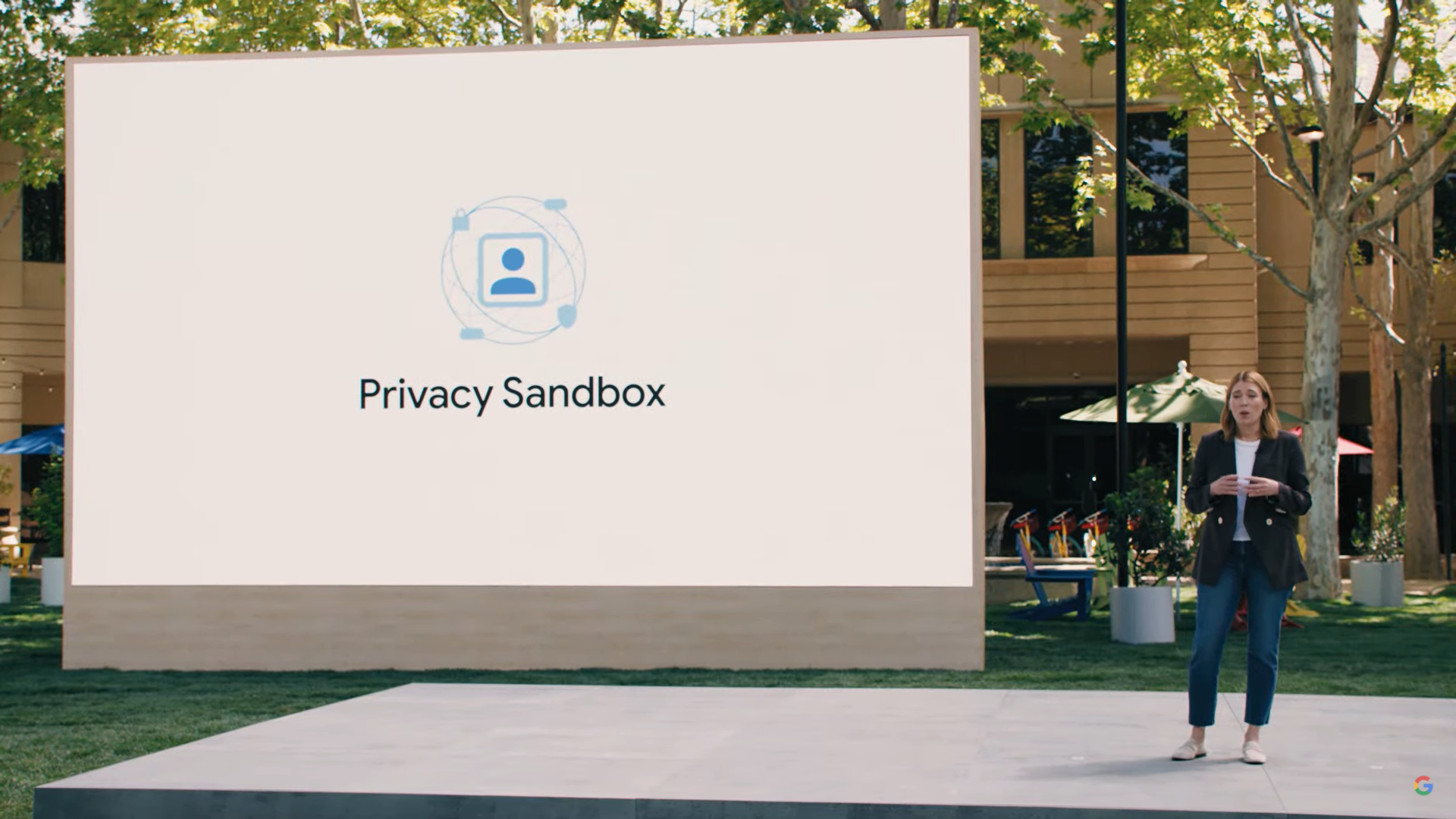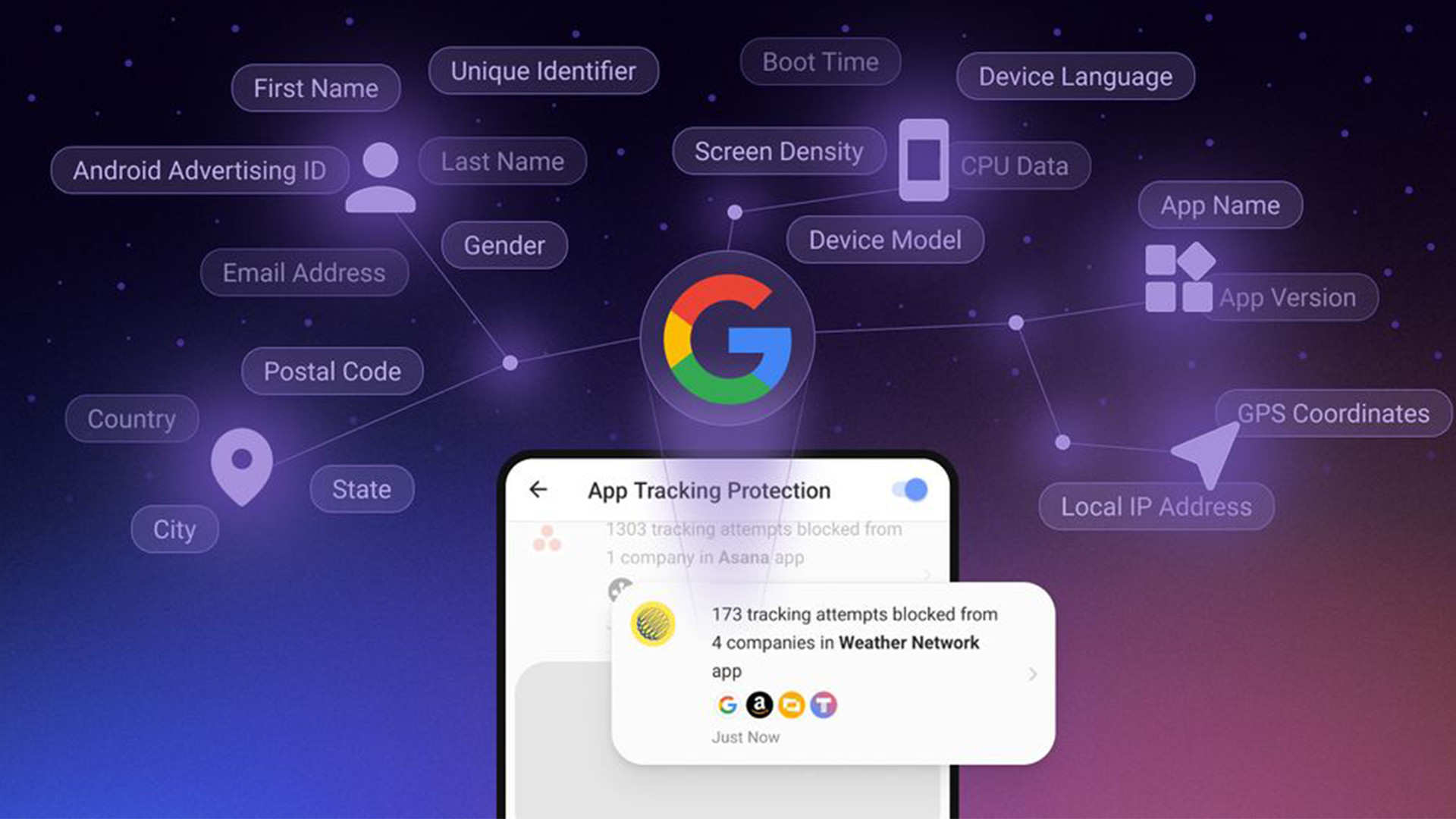Google to limit tracking in Android apps, starting next year
New APIs set to replace direct tracking methods used in Android app advertising

Google has announced that it will be putting its Privacy Sandbox into Beta stage across Android 13 systems from early 2023, which will include limits to apps' abilities to track user data for advertising purposes.
The sandbox seeks to preserve user data available to advertisers, whilst concurrently respecting individual privacy. Perhaps Google is finally taking a leaf out of Apple’s book and taking note of consumer demand for it.
Having been in development since February this year, Google has been working with app developers and marketing specialists on the Privacy Sandbox and is now ready to begin implementation.
New APIs

As is common with Android software updates, the Sandbox will be available to a select few devices at first, before rolling out to the wider Android market.
App developers will be able to gain access to preview builds to test out and provide feedback on the latest features. A closed Beta for the SDK runtime will also be available, which will exclude apps from using code related to advertising, so no marketing data for will be available to apps.
Currently, Android apps use covert tracking methods. With the new Privacy Sandbox, however, various APIs will replace these.
The Attribution Reporting API, for instance, eradicates cross-party user identifiers., by employing obfuscation techniques and limiting the amount of data available for reports.
Sign up to the TechRadar Pro newsletter to get all the top news, opinion, features and guidance your business needs to succeed!
Another is the Topics API, which allows personalized interest-based ads to function without tracking multiple apps used by individuals.
There is also the Fledge API, which limits the sharing of identifiers and app usage information when advertisers attempt to remarket to those who have shown a potential interest in their products, such as when they leave an item in their checkout basket.
These APIs are set to replace advertising IDs, which uniquely identify individual users and have long been a staple of Android devices.
The Privacy Sandbox has already been met with some backlash, though. Two privacy-focused internet companies, DuckDuckGo and Brave, have their reservations about Google’s plans.
The former believes that these new APIs will still track user data, just indirectly, and the latter thinks the plans will actually “harm Web privacy, and further cement Google’s control over the Web.”
- Don't want to be tracked on the web? See our best VPN picks

Lewis Maddison is a Reviews Writer for TechRadar. He previously worked as a Staff Writer for our business section, TechRadar Pro, where he gained experience with productivity-enhancing hardware, ranging from keyboards to standing desks. His area of expertise lies in computer peripherals and audio hardware, having spent over a decade exploring the murky depths of both PC building and music production. He also revels in picking up on the finest details and niggles that ultimately make a big difference to the user experience.